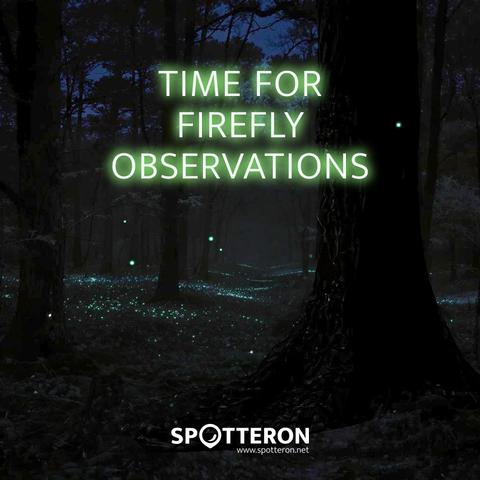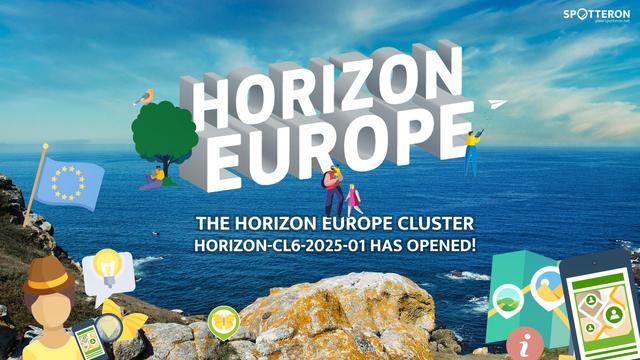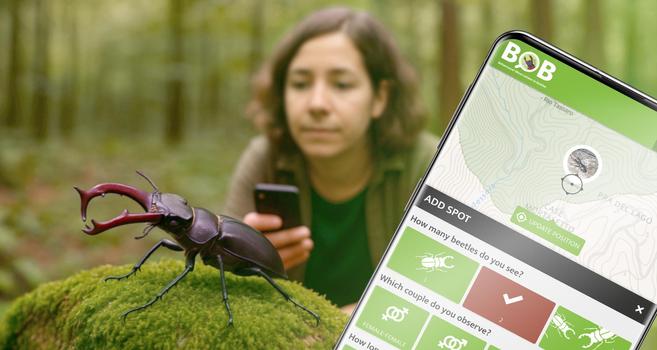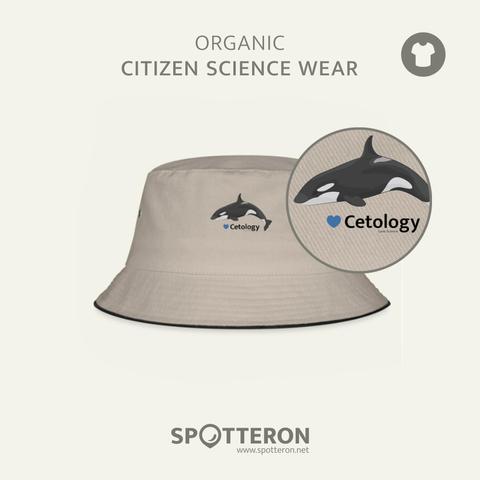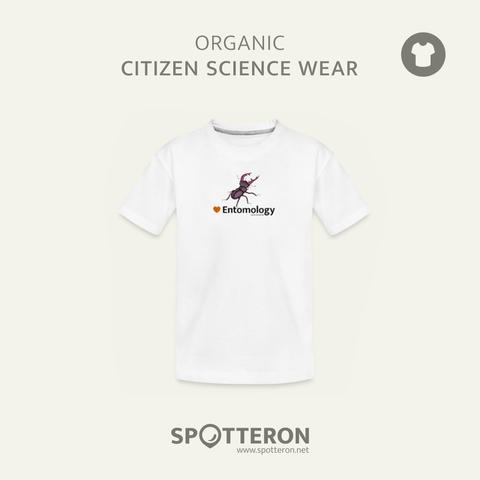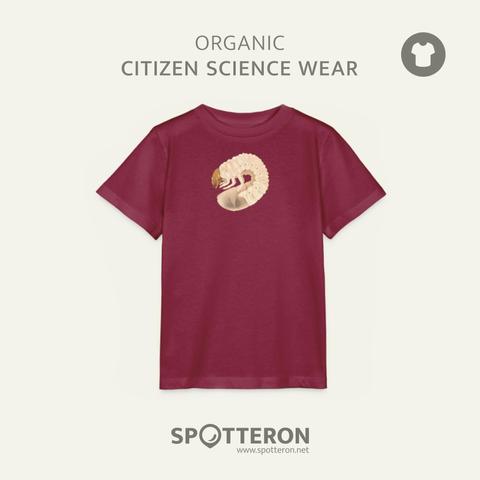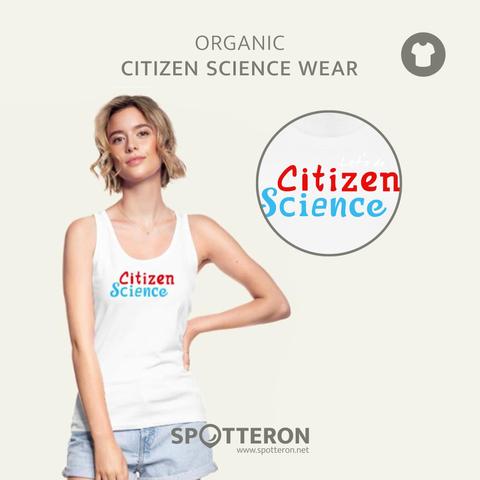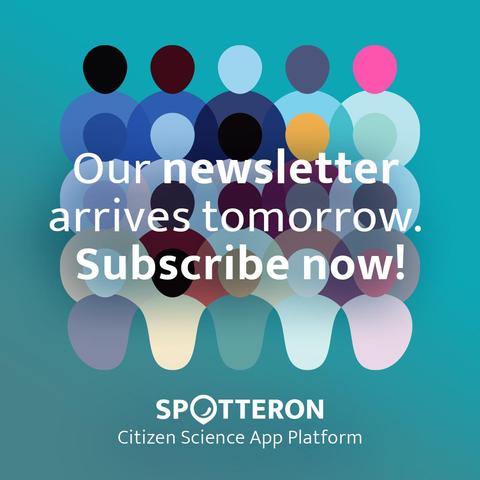@BionomiaTrack Hit a milestone of which I am very proud. #10Million #CitSci
@BionomiaTrack Hit a milestone of which I am very proud. #10Million #CitSci
It’s firefly season!🪲
Peak activity of fireflys is usually in the third week of June.
Fireflies are highly threatened by habitat destruction, artificial light (light pollution), and pesticides.
Upload your sightings to Citizen Science Apps like #NatureSpots, BOB, spot-a-bee, Nature's Calendar and — if you live in Vienna — https://www.umweltberatung.at/gluehwuermchen-meldung
🔍 You can find all #CitSci Apps on the SPOTTERON platform here: https://www.spotteron.net/apps
Let’s work together to protect these magical insects!
The Horizon Europe Cluster HORIZON-CL6-2025-01 has opened! The call for proposals is active, and consortium formation is underway.
Find all the details on how the SPOTTERON #CitizenScience App Platform can support as a consortium partner in our latest blog post:
#CitizenScienceApps #HorizonEU #CitSci #ScienceCommunication
The Horizon Europe Cluster HORIZON-CL6-2025-01 has opened! First calls for proposals & forming of consortiums has started...
Horizon Europe is the scientific successor to the Horizon 2020 research framework programme of the European Union, under the leadership of the European Commission. Enhancing research in the fields of climate change, the Sustainable Development Goals (SDGs) of the UN, and EU competitiveness are the main goals of Horizon Europe. Furthermore, Horizon ...
Final Release of the BOB Citizen Science App on the @spotteron #CitizenScience Platform! 🐞
The BOB (Behavioural Observations in Beetles) #CitSci App has now completed its prototype phase and, after some final updates, is officially available for download in the App stores. Hurray!!
➡ Learn about the project and the App in our recent blog post: https://www.spotteron.net/blog-and-news/final-release-of-the-bob-citizen-science-app-behavioural-observations-in-beetles
BOB is a project by CREA, Università di Parma, the National Biodiversity Future Center, and Parchi del Ducato
Final Release of the BOB Citizen Science App (Behavioural Observations in Beetles)
Citizen Science projects often encompass a wide range of participation opportunities. From documenting observations and investigating specific research objects (like in Beweisstück Unterhose), to creating ponds in home gardens to support and study green toads (AmphiApp) — Citizen Science projects on the SPOTTERON platform often go beyond reporting ...
Today -20% on organic #CitizenScience Wear! 🦋
For everyone who loves to wear their favorite animals on a T-Shirt, there are -20% reduction today on all products in our @spotteron #CitSci Store! Find organic T-Shirts and more: https://www.spotteron.net/citizen-science-store-eu#!/
@pathunstrom i remember when citsci2017 made the difficult (from a logistics point of view) decision to move their conference due to discriminatory laws passed in NC. they were ahead of the curve (nearly a decade), given the situation today.
i applaud that decision then and submit it as inspiration to other conferences to hopefully make the right decision now.
https://participatorysciences.org/2016/07/13/citsci2017-may-17-20th-in-saint-paul-minnesota/
CitSci2017: May 17-20th in Saint Paul, Minnesota - Association for Advancing Participatory Sciences
On behalf of the Board of Directors of CSA, here is an update on our next annual conference, which will be held in Saint Paul, Minnesota, USA, May 17-20th, 2017. We are grateful to all in this community for your patience and support as we adapted our conference plans for 2017. As you may recall, […]
Today I chatted with Jesse Mulligan on #RNZ Afternoons, because #iNaturalistNZ is just a whisker (or an antenna or a hypha) away for *3 million observations*(!!).
Earlier in the week we were thinking we might pass the 3 million milestone on Christmas Eve, but now it’s looking like we’ll pass it tomorrow. At the moment we’re at 2,999,457 observations, of 23,518 species (about 30% of NZ’s named species), observed by 50,519 (not far off 1% of NZers).
😄
https://www.rnz.co.nz/national/programmes/afternoons/audio/2018969354/3-million-creepy-crawlies
3 million creepy crawlies
Here in Aotearoa, and on Afternoons in fact, we love our critters. And that passion for insects, bugs and plants is backed up by the fact that we've logged nearly three million observations on the citizen science platform iNaturalist.. The website, which has been running in New Zealand since 2012, brings together curious members of the public with expert identifiers to track populations of thousands of species. This has led to new sightings of native species, and important discoveries of invasive species. Jon Sullivan is an ecologist based at Lincoln University and is one of the founders of iNaturalist.
@albertcardona It's an extraordinary milestone by #iNaturalist. So *many* species!
I've been looking at what % of NZ's species have been observed on #iNaturalistNZ. We've observed 23,522 so far. The NZ Organisms Register lists 69,018 known species. The Ministry for the Environment estimates around 80,000 native species in NZ but only 30,000 of those have scientific names.
So, using NZOR, folk on iNat NZ have so far found about 34% of all of NZ's named species (and climbing!).
Here's a weird thing. It's a manawa, NZ mangrove, but not in the upper North Island. Brett Robinson on #iNaturalistNZ found one in an estuary in Collingwood, in the upper South Island. That's about 450 km south of its natural distribution limit.
#iNaturalist people have reported manawa seeds, sometimes germinating, on lower North Island beaches. Maybe they're liking the warming waters to the south.
https://inaturalist.nz/observations/254931416
#mangroves #botany #LatitudinalShift #ClimateChange #nature #CitSci

